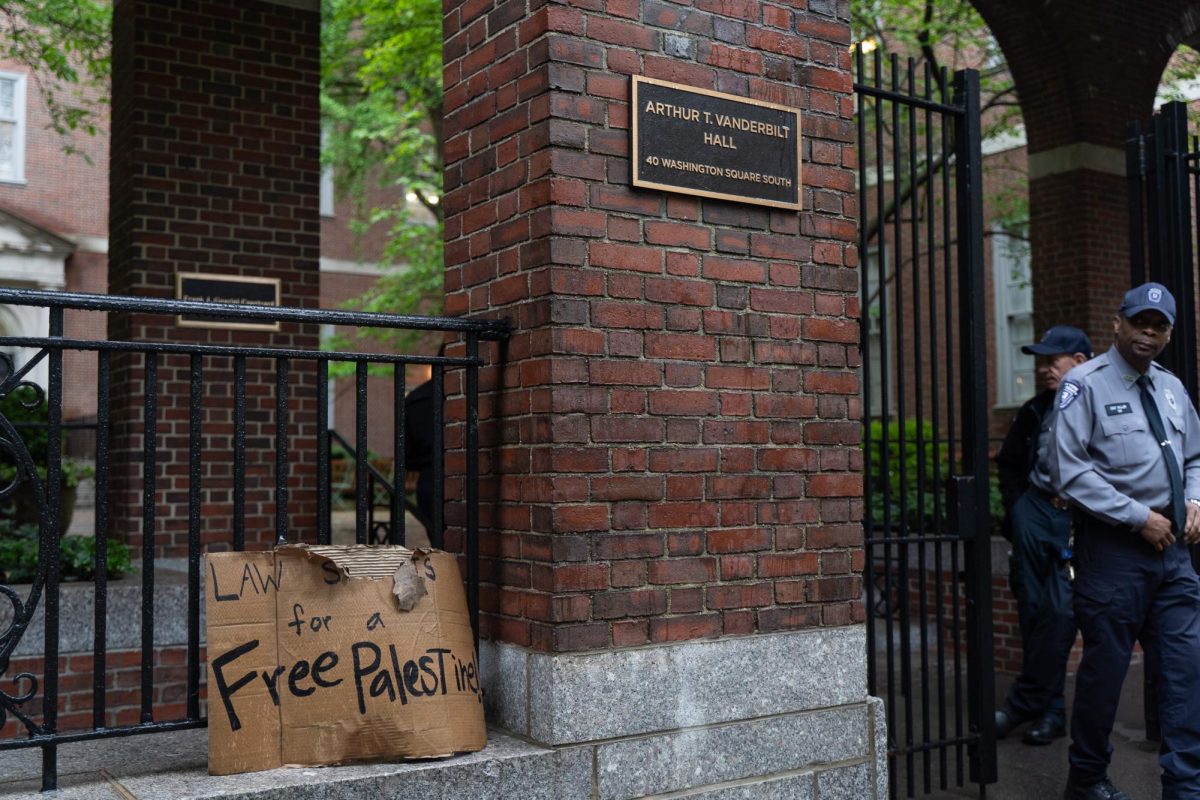nt Obama and Congress are finally looking for creative ways to increase revenue for the government without crippling taxpayers. One innovative solution has come to light: eliminating or drastically reducing the federal charitable tax deduction. The gain in revenue here would be substantial, but it is not worth the losses for taxpayers and charities.
If the deduction were entirely eliminated, then the government would have $239 billion in new revenue in the next four years. That’s $239 billion more in taxes that citizens would not have to pay. Under the current tax code, when Americans give a part of their normally taxable income to charity, they can subtract the amount donated from their taxable income.
This law is nothing if not fair — it does not provide taxpayers with extra money. It just ensures that one does not have to pay taxes on income that they gave away for free, presumably to a good cause; exemptions are only made when the money is
donated to an IRS-approved charity.
The new revenue the government will receive denotes just a percentage of actual charitable donations, because income is not taxed 100 percent. So the $239 billion figure is 15 to 30 percent — depending on the tax rates of the donors — of the actual money that the White House assumes taxpayers will donate in the next four years. This means that if the government is getting $239 billion, taxpayers are actually donating a whole lot more.
If Americans have to pay taxes on the money they are donating, they will ostensibly donate less because they will not be able to afford it. The beauty of this plan from a federal, fiscal point of view is that the resultant reductions in donations won’t mean a reduction to tax revenues from eliminating the deduction; the government will just continue taxing all income while taxpayers donate less.
In 2011, Americans gave $346.1 billion to charities — an increase from 2010 — even though household income declined that year. Not only does this money help charities serve those in need, but it helps them employ 10 percent of the American workforce. Any decline in donations, inevitable with changes to the deduction, will not only hurt those in need whom these charities serve; it will also hurt American workers.
In general, I believe that a tax increase is in fact a large part of the solution to the fiscal cliff crisis. But this particular tax-exemption elimination, which will cause so much harm to charities and those they serve and employ, is not the way to go. Rather, we should return to the Clinton-era income tax levels where the wealthy are taxed more heavily and more in proportion to their income than they are now under the Bush-era tax rates. Revenues from increased taxes on the wealthy would account for just as much as elimination of the charitable deduction and would cause far less social and economic harm, all without pretending that the current cuts actually trickle down to help the economy. It is essential to protect Americans’ ability to donate to charity if we want the social goods industry in this country to survive.
A version of this article appeared in the Tuesday, Dec. 11 print edition. Jessica Littman is deputy opinion editor. Email her at [email protected]
























































































































































